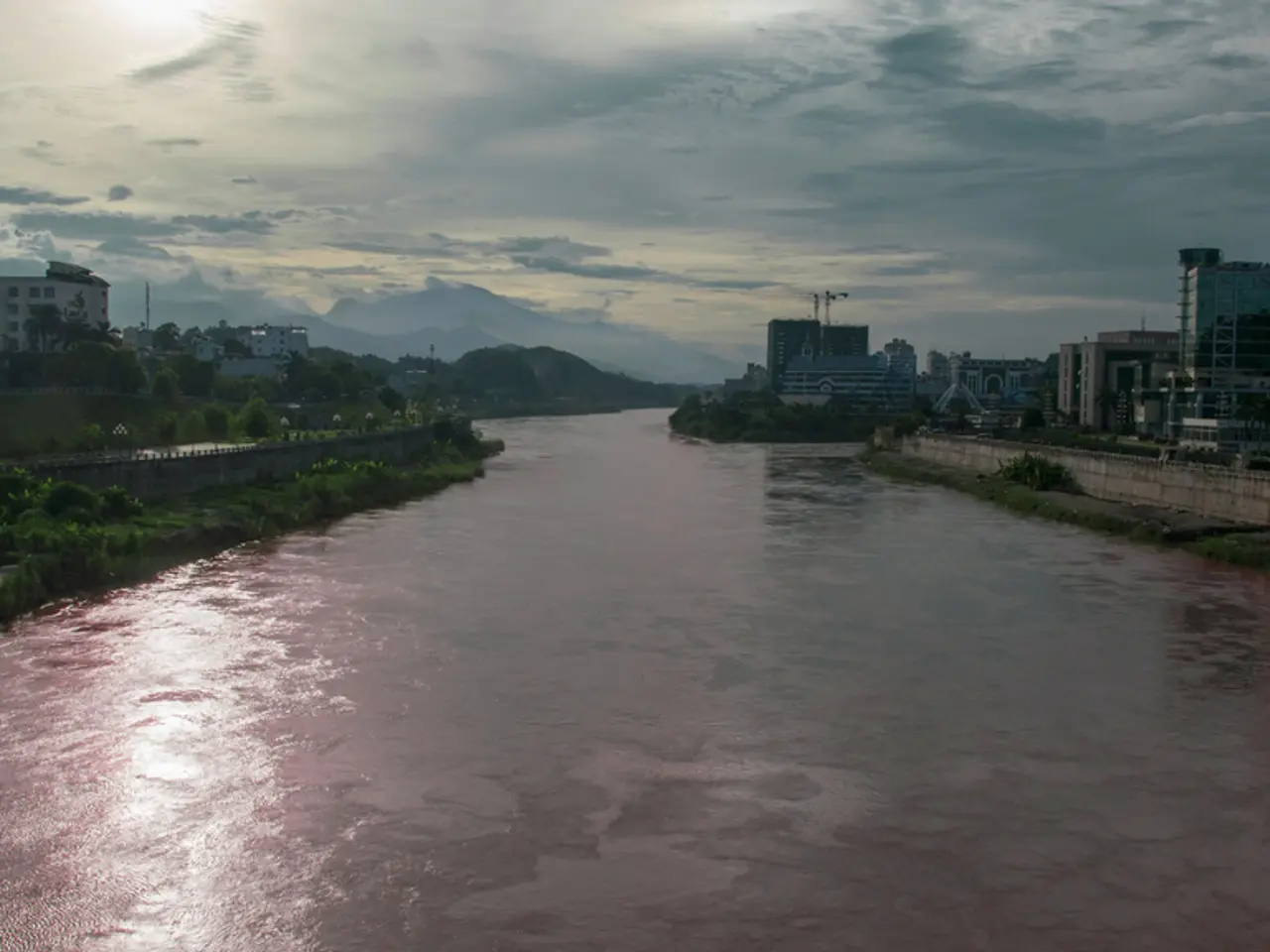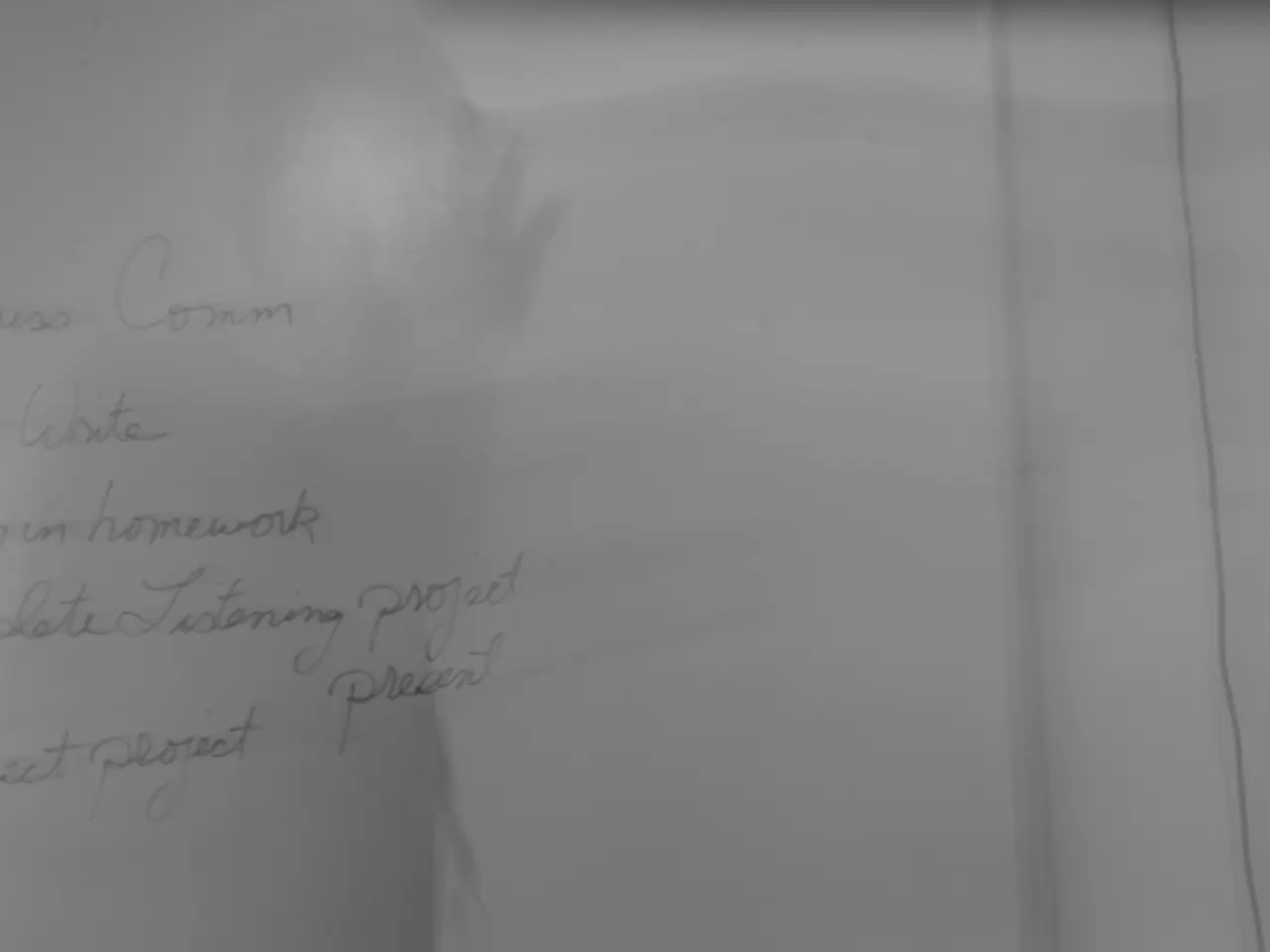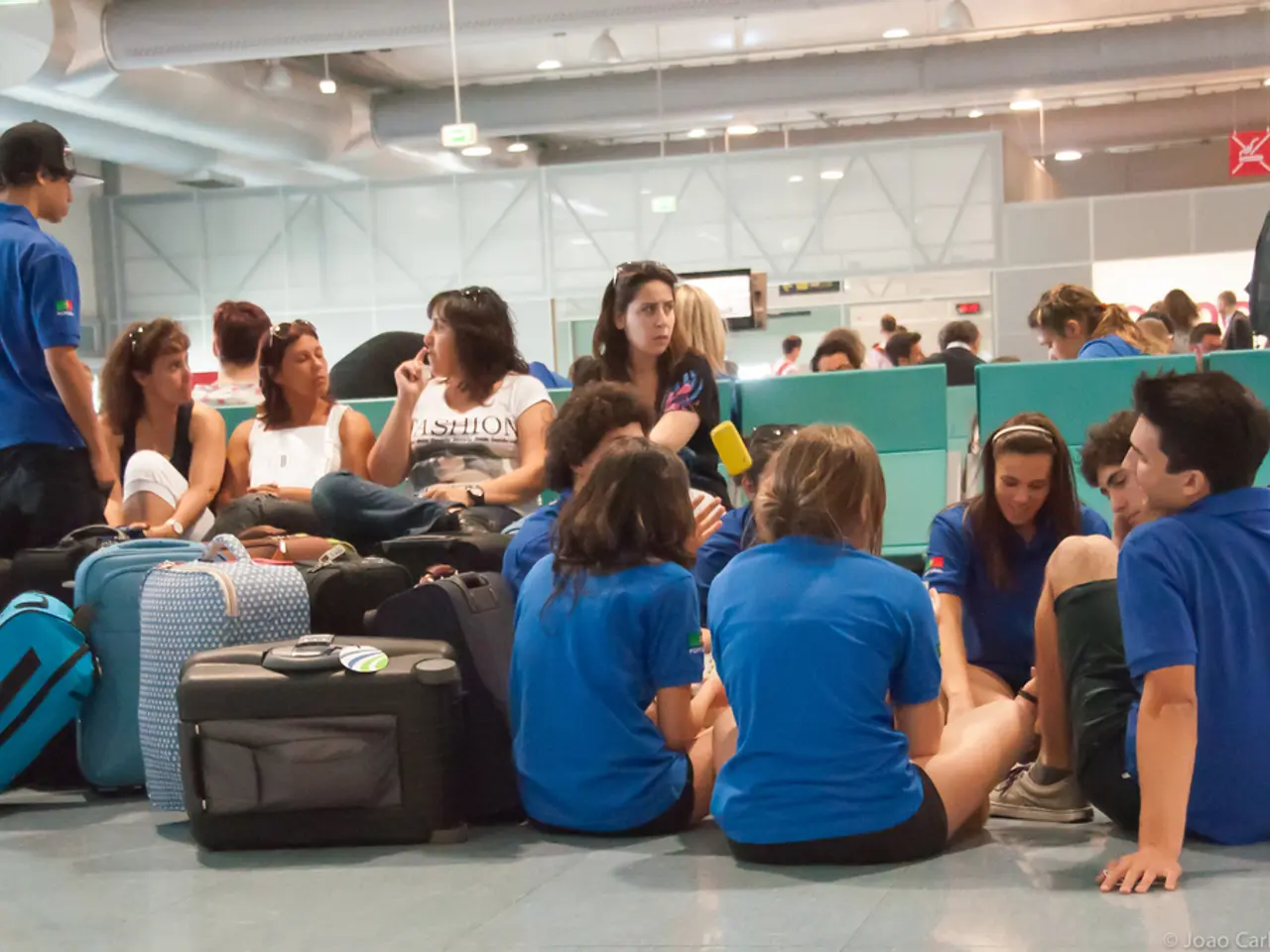Awards granted for 2022 Columbia River Basin Restoration Funding Program
The Environmental Protection Agency (EPA) has announced the recipients of the 2022 Columbia River Basin Restoration Funding Assistance Program grants. These grants, totalling $6.9 million, aim to protect and restore the Columbia River Basin ecosystem by reducing toxins in fish and water, and addressing climate change impacts [1].
The North Coast Watershed Association is among the recipients, receiving a $97,016 EPA grant for the Toxics Assessment of the Lower Columbia project in the Lower Columbia River Estuary. The Confederated Tribes of the Colville Reservation received a $350,000 grant for the Upper Columbia River Toxics Monitoring project in the Upper Columbia River Basin. These grants will fund on-the-ground restoration projects that reduce pollution, restore habitat, and enhance resilience to climate impacts in the Columbia River Basin [1].
In the Lower Columbia River Estuary, the City of Vancouver received a $255,837 grant for the City of Vancouver Waste Incentive Network, and the Pacific Northwest Pollution Prevention Resource Center received a $187,745 grant for EcoBiz Program Enhancements. The University of Idaho was awarded a $322,240 grant (funded with Bipartisan Infrastructure Law funds) for The Crayfish Mercury Project in the Middle Columbia River Basin [1].
The University of Idaho also received a separate grant of $278,241 (funded with Bipartisan Infrastructure Law funds) for Crayfish as Indicators of 6PPD-quinone in the Middle and Upper Columbia River Basin. In the Middle Columbia River Basin, Oregon State University received a $349,919 grant for Engaging Communities to Monitor Mercury Risk [1].
In the Upper Columbia River Basin, Montana Trout Unlimited received a $221,362 grant for the Quantifying Toxins to Inform Fish Consumption and Identifying Sources of Pollutants, and the University of Connecticut received a $327,100 grant for a project in Lake Koocanusa (MT). Trout Unlimited also received a $332,285 grant (funded with Bipartisan Infrastructure Law funds) for Eliminating Erosion of Legacy Mine Tailings from the Bodie Mine into Toroda Creek [1].
The Nez Perce Tribe received two grants: a $195,692 grant (funded with Bipartisan Infrastructure Law funds) for the Clearwater River Toxics Assessment and Monitoring Project, and a separate $343,969 grant (also funded with Bipartisan Infrastructure Law funds) for the Nez Perce Tribe Methylmercury Monitoring and Abatement project [1].
Lastly, Columbia Riverkeeper received a $125,452 grant for the Columbia River Pollution Education and Outreach Project in the Middle Columbia River Basin. The impact of these grants is significant in advancing the region’s environmental health, helping to reduce contaminants that affect fish and aquatic life while enhancing the ecosystem’s ability to cope with climate change stressors [1].
By leveraging federal funding, these grants provide critical resources for state agencies, local governments, watershed organizations, and other eligible entities to implement effective restoration and pollution reduction efforts in the Columbia River Basin [1]. These grants represent a targeted investment aimed at ecosystem restoration and water quality improvement in a large and important watershed.
[1] EPA. (2022). 2022 Columbia River Basin Restoration Funding Assistance Program Grants. Retrieved from https://www.epa.gov/cwa-section-319/2022-columbia-river-basin-restoration-funding-assistance-program-grants
- The North Coast Watershed Association's Toxics Assessment of the Lower Columbia project is funded by a $97,016 EPA grant, a part of the 2022 Columbia River Basin Restoration Funding Assistance Program grants aimed at reducing toxins in fish and water.
- The Confederated Tribes of the Colville Reservation received a $350,000 grant for the Upper Columbia River Toxics Monitoring project, a restoration effort that addresses the pollution and climate change impacts in the Upper Columbia River Basin.
- The University of Idaho, through two grants funded with Bipartisan Infrastructure Law funds, will research the impact of toxins on crayfish in the Middle Columbia River Basin, aiming to improve water quality and protect the ecosystem.
- Trout Unlimited, working in the Upper Columbia River Basin, received a grant to identify sources of pollutants and quantify toxins to inform fish consumption, a key aspect of the Environmental Protection Agency's efforts to protect and restore the Columbia River Basin ecosystem.




